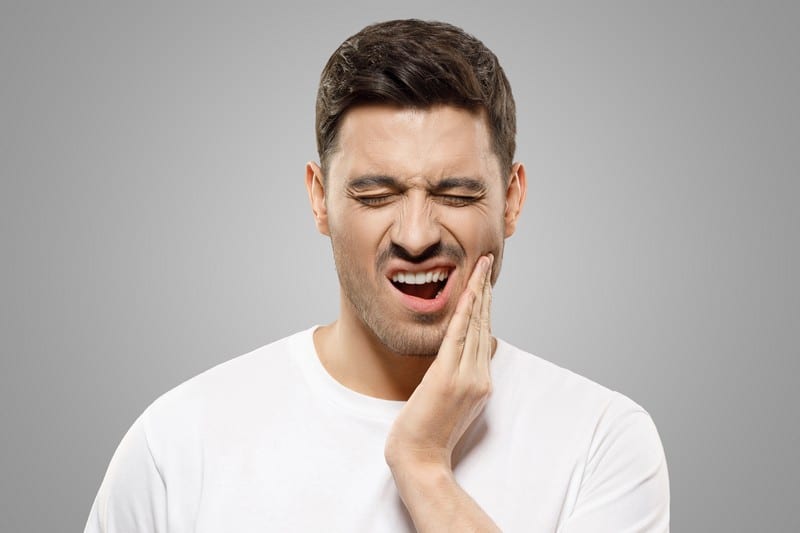Arthritis in the Jaw

Arthritis in the temporomandibular joint (TMJ) can cause earache because of the proximity of the joint to the auditory canal. The most common type is osteoarthritis. Arthritis in the jaw develops because of the wear and tear of the joint’s cartilage around the joint. A person with arthritis of the jaw can feel pain and stiffness in the joint. Though osteoarthritis in the TMJ is common, people should not take it for granted because it can result in acute pain in the jaw and behind the ear.
Sometimes, the TMJ can have psoriatic or rheumatoid arthritis that can affect the joint. Rheumatoid arthritis is the more painful form of arthritis, which can flare up due to triggers. People can feel the pain in the jaw, as well as in the ear and under the ear.
People with arthritis in the jaw can relieve their earache through massage and exercise. They can move their lower jaw side-to-side, backward and forward, or open and close their mouths. Moreover, they can do chin tucks. Further, they can learn relaxation techniques to alleviate earache. OTC pain relievers and anti-inflammatory drugs can relieve the pain due to arthritis.










